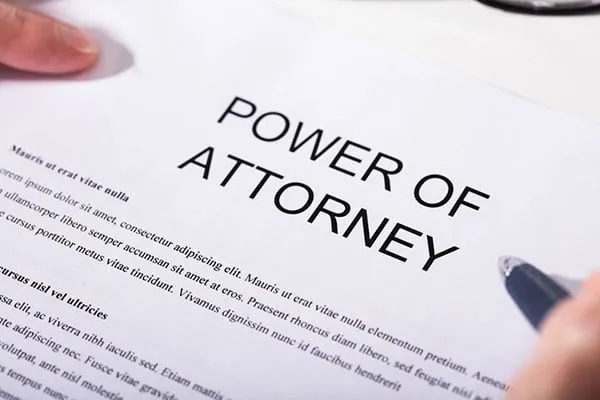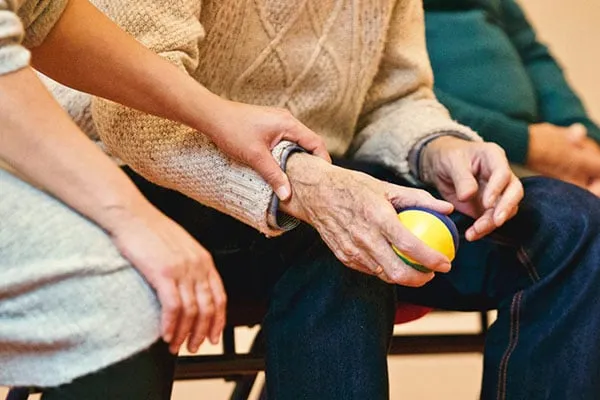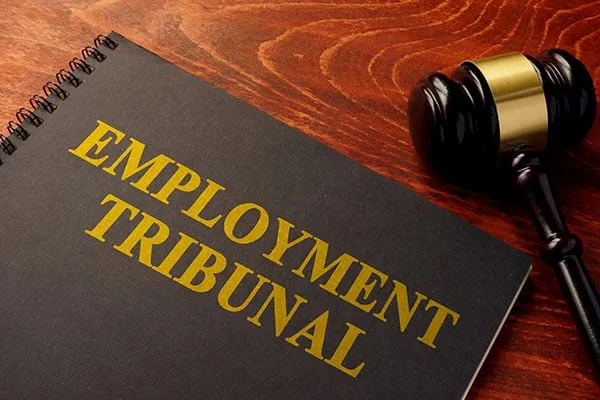As we get older, we may become physically and mentally incapacitated. As a result, we will need our children or carers to carry out certain tasks on our behalf. The law creates a secure framework called a Lasting power of Attorney (LPA) which protects you and your assets while enabling it to be used for your care under the safe supervision of the courts.

At Swansea Legal Solutions this is one of the main services we offer to people who are looking to plan ahead and have peace of mind that your loved ones can help and protect you.
What is a power of attorney?
This is one of the questions we are often asked. In a nutshell, it is a document which grants someone else (known as the attorney) the power to make decisions on your behalf. Anyone, at any age, could find themselves in a situation where they are unable to make decisions about our finances, health or welfare. It is in situations like this that power of attorney is important.
Types of Lasting Power of Attorney
There are two types of LPA, an LPA for financial and property decisions and an LPA for health and care decisions.
The differences between these two types of LPA are:
· LPA for financial and property decisions: this LPA allows your attorney to have decision making powers immediately or if you lose capacity on issues such as selling your home or paying bills.
· LPA for health and care decisions: your attorney can only use this LPA if you no longer have mental capacity on issues such as your medical care or where you should live (this could include a care home).
A Lasting Power of Attorney: allows you to appoint one or more persons to deal with your property and financial affairs; and/or to make health and welfare decisions on your behalf. Lasting powers of attorney are the most common form of power of attorney.
They have replaced was used to be called ‘enduring’ powers of attorney (though if enduring power of attorney was granted before 1 October 2008, then it is still valid provided it was signed correctly at the time).
Decisions You Will Need to Make
When creating a LPA you need to decide who will make important decisions for you in the future. As a result there are some decisions you will need to make yourself including:
- who to appoint as your attorney(s) i.e. people whom you can trust to look after your interests
- how your attorney(s) will make decisions
- if you wish to restrict your attorney(s) decisions or how you would like them to act in certain situations.
If you want to have more than one attorney, you will need to decide whether your attorneys are given authority to act jointly and severally, or jointly. If they are acting jointly, they will need to agree to every decision made on your behalf.
If they are acting jointly and severally, any one of the attorneys can make decisions independently of the others.
Court of Protection Application
Failing to have an LPA in place could lead to the Court of Protection to appoint someone of their choice to look after your affairs.
The Court of Protection can make decisions, and can appoint other people to make decisions, for those who lack the mental capacity to do it themselves. Principally, these decisions involve health, financial affairs, property and personal welfare.
At Swansea Legal Solutions, we have a team of specialist Court of Protection advisors who are able to advise and represent clients through every stage of the Court of Protection process, ensuring the best care, provisions and plans are made for the individual in need of this level of protection.
Decisions The Court Of Protection Can Make
The initial remit of the Court of Protection is to decide whether a person has the mental capacity to make certain decision. If the person does not have the capacity, the court will either make a one-off order or, if there are likely to be continuing decisions that need to be made, it will appoint deputies to make decisions for the person in question.
Other decisions that the court makes include the execution of a will on behalf of someone without the mental capacity to make one themselves, the validity of and objections to proposed LPA’s.
The court can also decide whether attorneys or deputies should be able to make financial gifts on behalf of the person lacking capacity, and it can remove the legal rights for deputies or attorneys to make decisions entirely if it believes they have failed to carry out their duties properly.
Without an LPA, you have no control over who is appointed as your deputy (and it could be someone you would not have wished to do so). There are also Court fees which will be incurred plus a deputy will have to take out a Security Bond to cover their actions.
The application for deputyship through the Court of Protection is complex and lengthy, and once appointed, the deputy will still have to account for every penny with requests for funds made each time to the Court.
FAQ’s
Why Are Lasting Powers of Attorney Important?
A Lasting Power of Attorney is important as one day you may need someone to make decisions or act on your behalf if you lose the capability to do so. This could be a temporary measure if you are hospitalised and need someone to help with everyday activities such as paying bills.
Or it could be a long-term need should you start to experience memory issues and would like your affairs to be taken care of in the future.
By having in place Lasting Powers of Attorney in place today, means you and your loved ones are clear about your wishes in the knowledge that these decisions were made whilst you were able to do so.
Also, having a Lasting Power of Attorney in place means you will avoid the stress and costs of your family or others applying to the Court of Protection, a process which can be long winded and complex.
What Is The Court Of Protection?
The Court of Protection is a specialist Court which looks after individuals who lack capacity to make decisions for themselves.
The Court can give these powers to someone else if there is a need for decisions to be made on an ongoing basis.
If the Court delegates these powers to someone else they will be known as a Deputy.
When Would the Court Need To Appoint A Deputy?
If someone has not made a Lasting Power of Attorney and they lose capacity, then an application needs to be made to the Court of Protection asking the Court to appoint a Deputy.
The Court would appoint a Deputy to take care of someone’s finances or health and welfare when a person is no longer able to make those decisions.
What is a Property Protection Trust?
A Property Protection Trust is a trust you put in your will so that your surviving spouse can continue living in your property, but the deceased’s share of the property is kept separate.
So others, most Usually children and loved ones, can inherit after the surviving spouse’s death.
Why Would I Consider Getting a Property Protection Trust?
The benefit of a Property Protection Trust is that the survivor can continue to live in the house until they die, but at least half the value of the estate is preserved for the children to inherit.
This is useful in case circumstances arise after one partner’s death, where their partner remarries, goes bankrupt, or there is a possibility of them incurring care costs.
Contact Us Today:
At Swansea Legal Solutions, we have assisted hundreds of clients to make their wills as well as unravelling any issues for people who have made on-line wills only to find they are not valid.
Call us today on 01792 420844 to chat to a member of our expert team.

Jackie Owen-Blunt: Swansea
“Having used the services of Gareth Milne previously I had no issue in recommending him to my mother for whom he has prepared Lasting Powers of Attorney and a Will. I would recommend using Swansea Legal Solutions Ltd.

Darren Gregory: Swansea
“I was impressed by David Henry’s ability to explain complex legal jargon into plain English. There were no airs or graces. He was efficient, effective and decisive which resulted in a successful outcome.

Giles: Swansea
“Legal solutions were attentive, supportive and swift and made sure I was fully satisfied with their work.



Our Services

Will, Probate & Estates

Lasting Power of Attorney

Property Trusts

Care Fees

Funeral Planning

Business LPA’s

HR Advice & Employment Law

Landlord & Tenant Services
